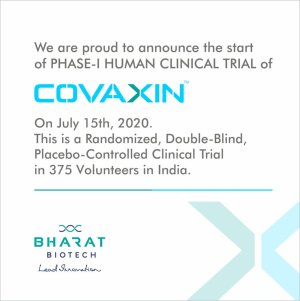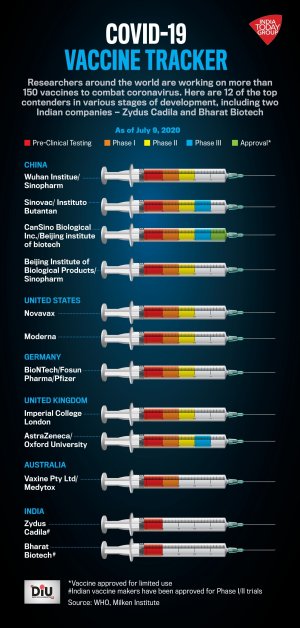Gilead Sciences Inc on Monday reported its antiviral drug remdesivir provided a modest benefit in patients with moderate COVID-19 given a five-day course of the treatment. In contrast, those who received the medicine for 10 days in the study did not fare as well.
Remdesivir, which is administered intravenously in hospital, is the first drug to show improvement in COVID-19 patients in formal clinical trials, and new information about its efficacy is being closely watched around the world, as nations battle the pandemic.
The late-stage study of nearly 600 patients evaluated the safety and efficacy of five- and 10-day treatment with remdesivir in addition to standard care for people who test positive with moderate COVID-19 - the disease caused by the new coronavirus - compared with standard care alone.
At day 11, around 76 percent of the patients in the 5-day treatment group showed improvement in clinical status versus 66 percent for standard care alone, Gilead said.
About 70 percent of the patients who received remdesivir for 10 days showed improvement, "trending towards but not reaching statistical significance", the drugmaker said.
Further study details than Gilead provided on Monday, such as more information on patient demographics, are needed to explain the difference in the two treatment groups, doctors and analysts said.
Remdesivir is being closely watched after the US Food and Drug Administration granted emergency use authorization (EUA)last month, citing results from a US government study that showed the drug reduced hospitalization stays by 31 percent, or about four days, compared with a placebo.
The FDA did not immediately respond to a request for comment on whether it would consider expanding the EUA, and Gilead told Reuters it was in discussions with the regulator to determine the appropriate patients to be treated under the authorization.
There are currently no treatments with US approval or vaccines for the new coronavirus that has infected more than 6 million people and killed nearly 373,000 worldwide, including more than 104,000 US deaths.
The drug has received approval by Japanese health regulators. US approval requires a rigorous, time-consuming FDA review, but EUAs can be used in a health crisis when other options are not available.
Dozens of companies are working on a variety of treatment and vaccine approaches for the illness.
The drug, which previously failed as a treatment for Ebola, is designed to disable the mechanism by which certain viruses, including the new coronavirus, make copies of themselves and potentially overwhelm their host's immune system.
Dr Daniel McQuillen, an infectious disease specialist at Lahey Hospital & Medical Center in Burlington, Massachusetts, said it was difficult to draw a conclusion on why the patients on the shorter course outperformed those on the longer one until the full data is released.
The trial results "confirm our and others' anecdotal experience,"
McQuillen said in an email. "The drug has promise in hospitalized patients treated early, when the illness is still in its viremic phase," meaning the virus is circulating in a patient's bloodstream.
Jefferies analyst Michael Yee said the improvements seen were only modest.
"This incrementally adds to a broader utilization of the drug into a more moderate population inside the hospital, but consensus already understands remdesivir is not a silver bullet," Yee wrote in a research note.
https://www.aljazeera.com/ajimpact/...ow-observe-black-tuesday-200602140008472.html







